LGBTQIA+
Everybody is different. Whether it is likes, dislikes, hobbies/ interests, opinions and so on, we are all individuals and that is something to celebrate!

Can you imagine what life would be like if everyone thought, looked and dressed the same?
We live in a world where it is assumed that you are straight (heterosexual) and either male or female until you are asked, you decide to tell someone or ‘come out’. However, there is a spectrum of sexual orientation and gender identity and lots of people feel they identify better with the LGBTQIA+ community.
What does LGBTQIA+ stand for?
Lesbian, gay, bisexual, transgender, queer/questioning (one’s sexual or gender identity), intersex, and asexual/aromantic/agender and more.
Check out this handy guide by Childline for lots of definitions.
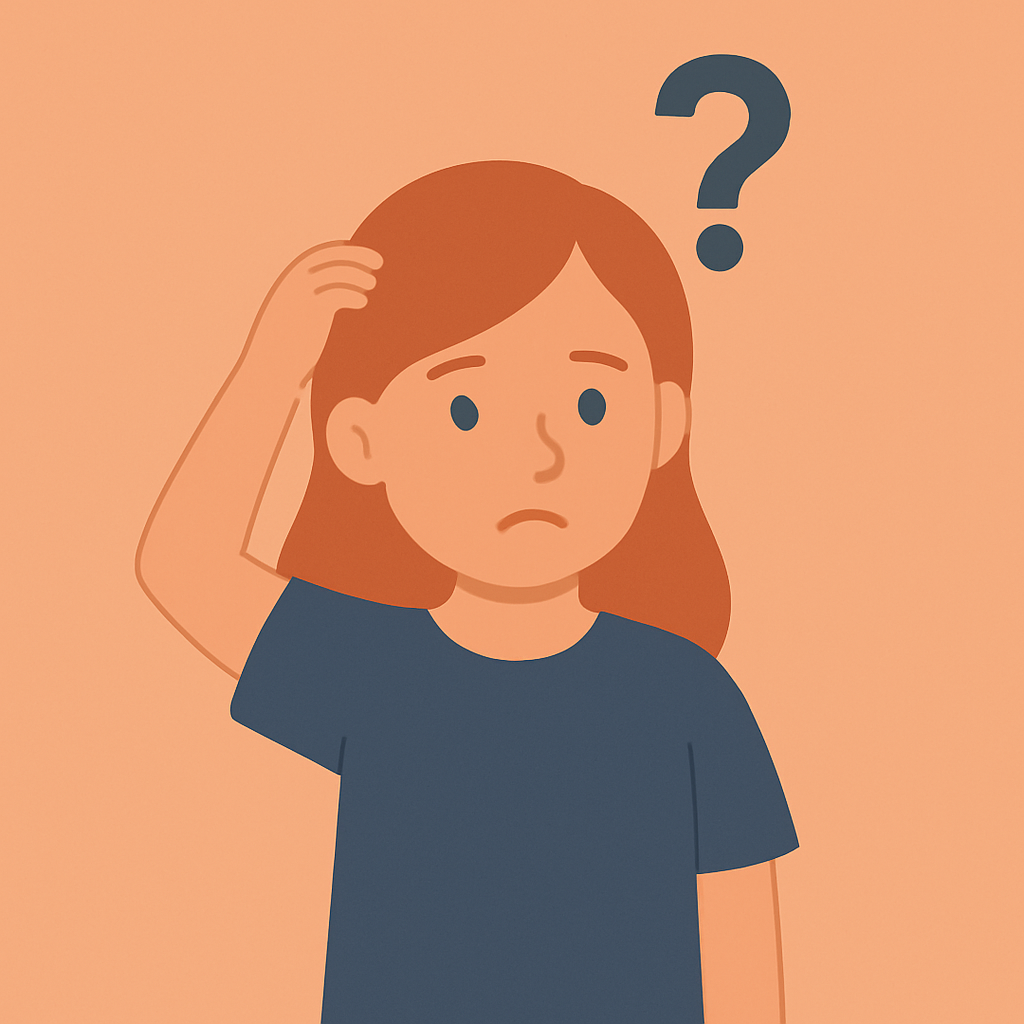
Exploring your identity
Your sexuality/ sexual orientation and gender identity are part of what makes you, you! Some people confuse sexuality and gender, but they are completely different.
Sexuality: includes who you are sexually and/ or romantically attracted to (or not). These may be different. Sometimes people know from a young age who they are attracted to, for other people, it may take a while to work out.
Gender identity: Questioning your gender identity can be really confusing. When we are born, we are assigned a gender at birth, usually based on our sexual organs, however later in life, some people may feel that they do not identify with this assigned gender. It is also important to remember that gender isn’t just ‘male’ or ‘female’, some people identify as non-binary. This umbrella term may mean that someone doesn’t identify with any gender, or may identify as more than one. You can describe it however feels the most comfortable to you and remember, gender isn’t based on body parts. Click here to have a look at the genderbread person which helps explain gender.
No matter how you’re feeling about your sexuality and/ or gender identity- there are people that you can talk to!
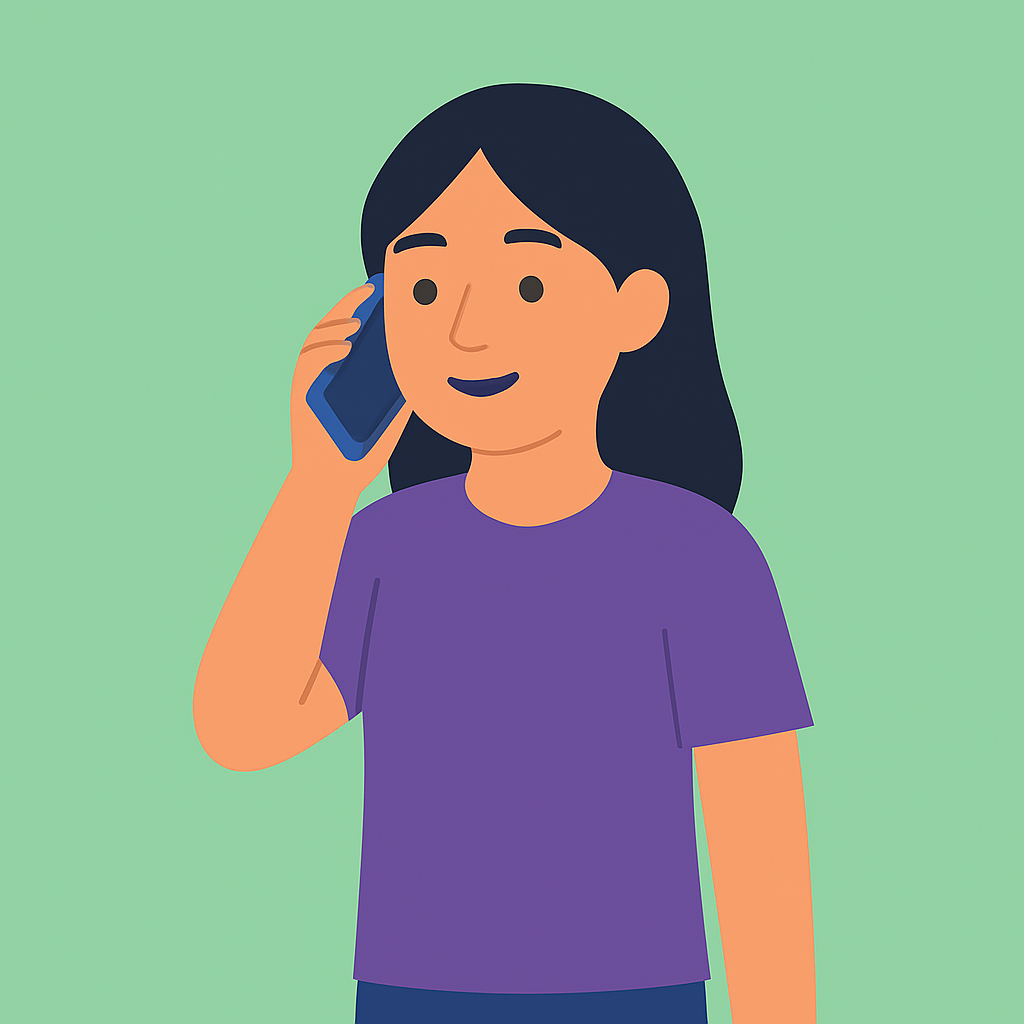
‘Coming out’
Coming out means telling someone about your sexuality/ sexual orientation or gender identity. This can be a really stressful time for some people. It is completely up to you if you choose to tell people, or not tell people and who and when you decide to do so.
Most of the time, people want to come out so that they can be honest to the people that love and support them.
There is no right or wrong way to come out; we are all different! It is important to find a way that feels right for you. But, Childline have some top tips for coming out.
It is important to remember that this process can be very different for everyone. Why not check out Stonewall’s advice on coming out for LGBTQ+ young people?
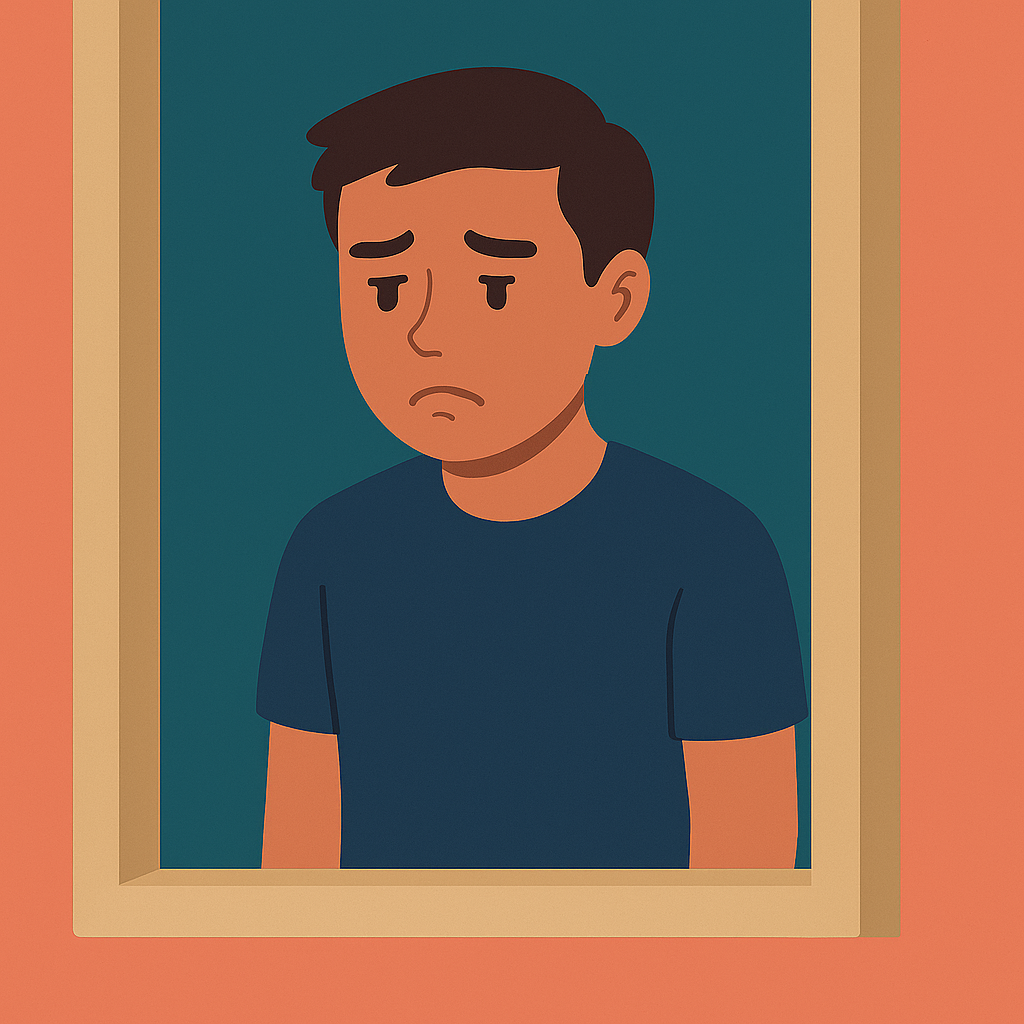
Discrimination and bullying
What is discrimination?
Discrimination is when a person is treated differently (not in a good way) because of an aspect of their identity or a characteristic. Some types of discrimination are obvious and others are not, but they can all still affect your wellbeing or mental health.
Experiences of homophobic and transphobic discrimination (being treated unfairly) and bullying can impact on your wellbeing and can have an increased negative impact on your physical and mental health.
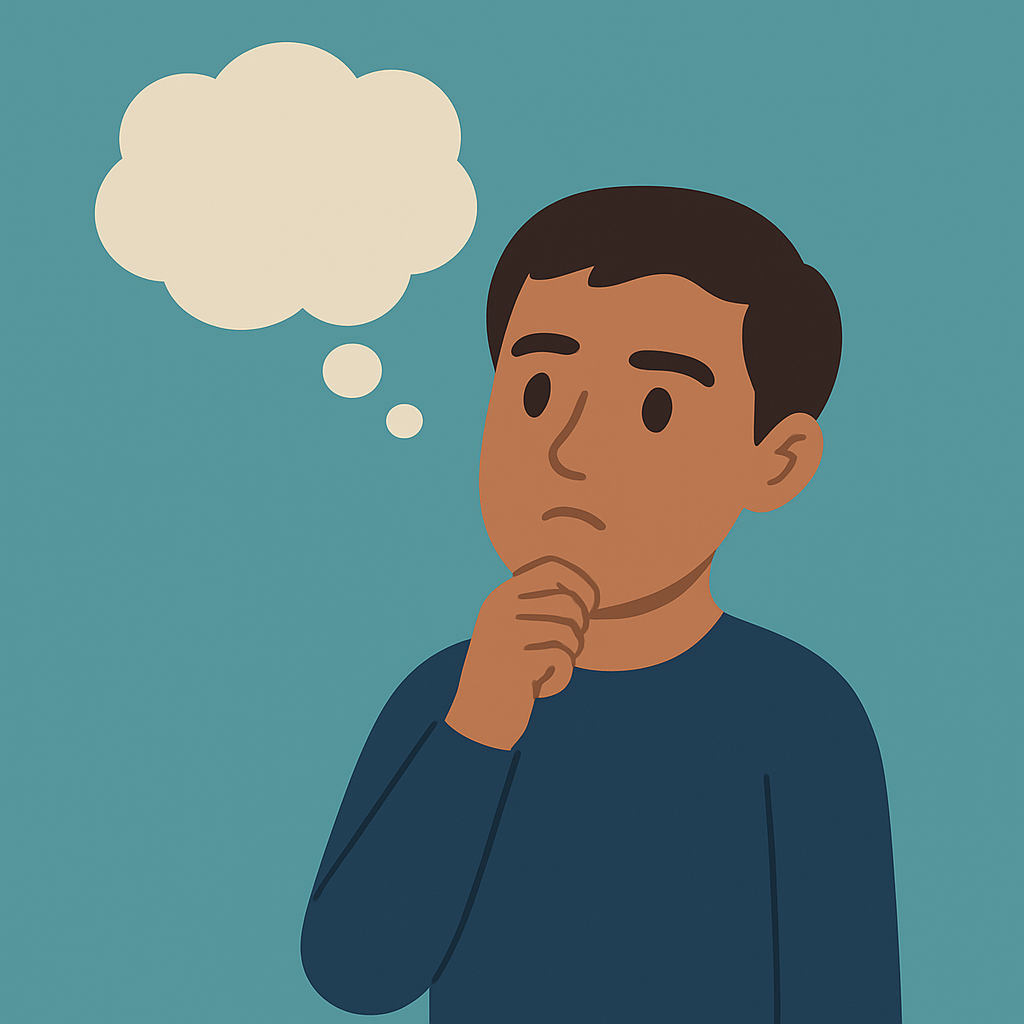
Did you know?
Being LGBTQIA+ is a protected characteristic, (click to find out more) and The Equality Act 2010 means the law protects people with protected characteristics from discrimination (being treated unfairly).
Remember, you have the right to be treated fairly and with respect. Go to this page if you want to know more about your rights and how you can challenge discrimination.
Worried about bullying? Get support here
Top tips to well-being *Well-being is generally feeling well, healthy and happy with life.
Staying Safe- The Proud Trust
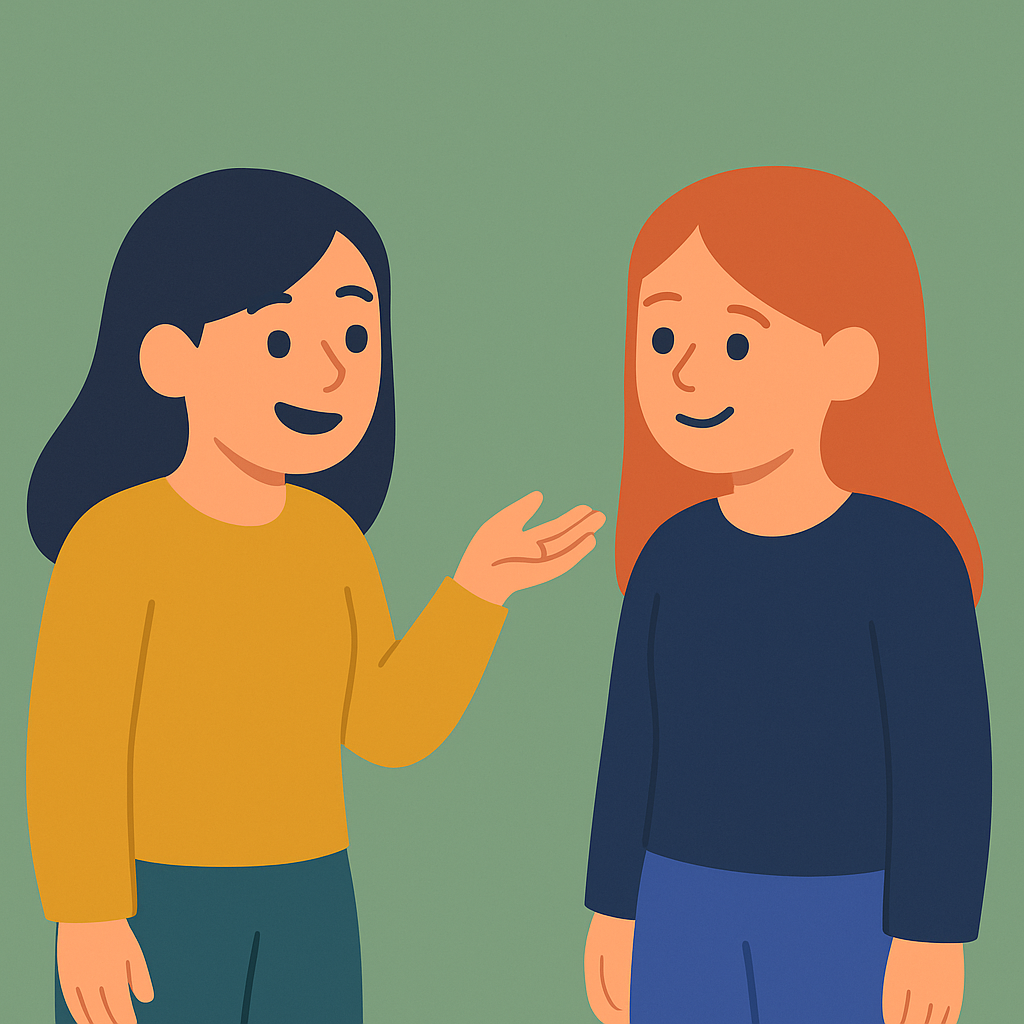
Asking for help
- You might not like asking but people who care about you will want to help
- Ask a trusted Friend, Parent/Carer, or Family Member
- Professional – Youth Worker/Doctor/Social Worker
- Community Support Group
Believe in Yourself
- Focus on the positive
- Understand and challenge negative/ bad feelings
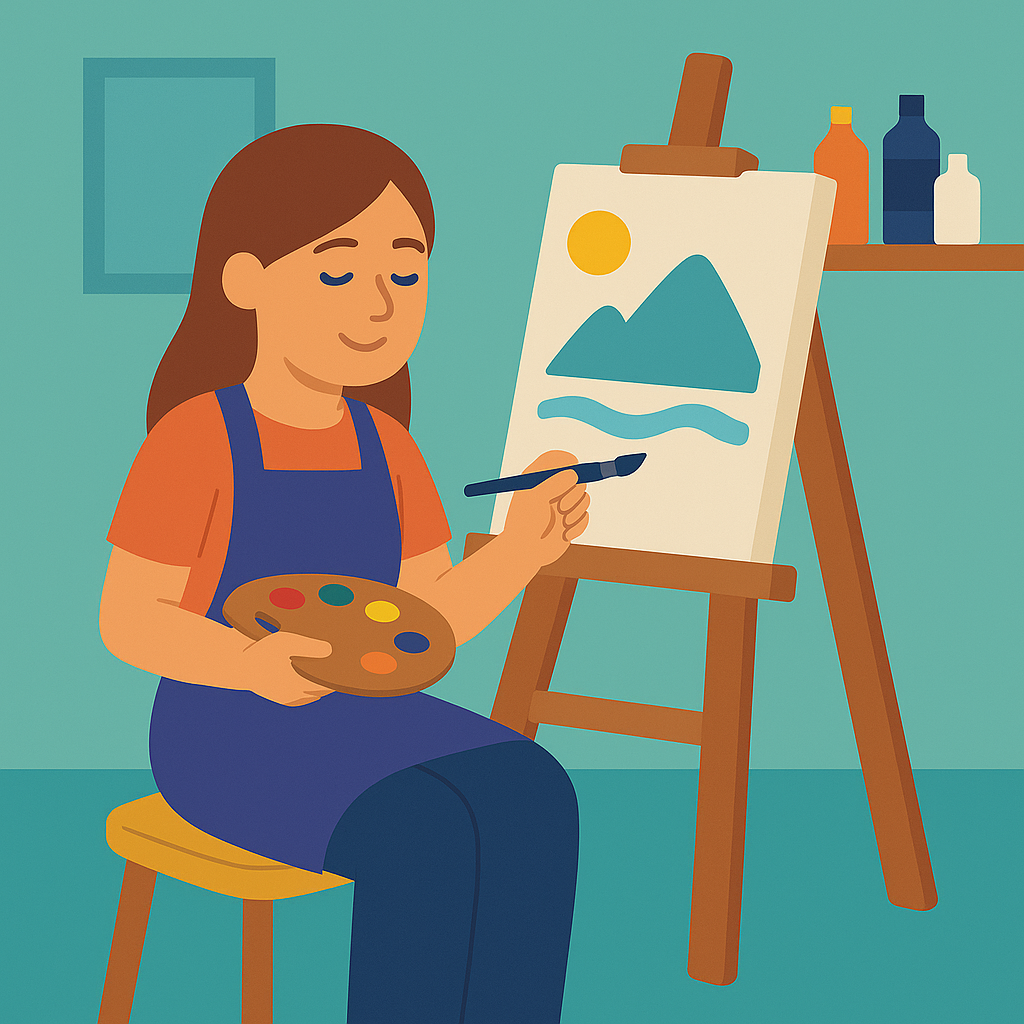
Take Time Out
Stress-busting relaxation: Stop what you are doing, look out of the window, let your shoulders drop, stretch- allow your mind to calm down.
Deep Breaths: think of a lovely place you have been to, keep taking deep breaths, and take time to relax in this place.
Check out the video below:
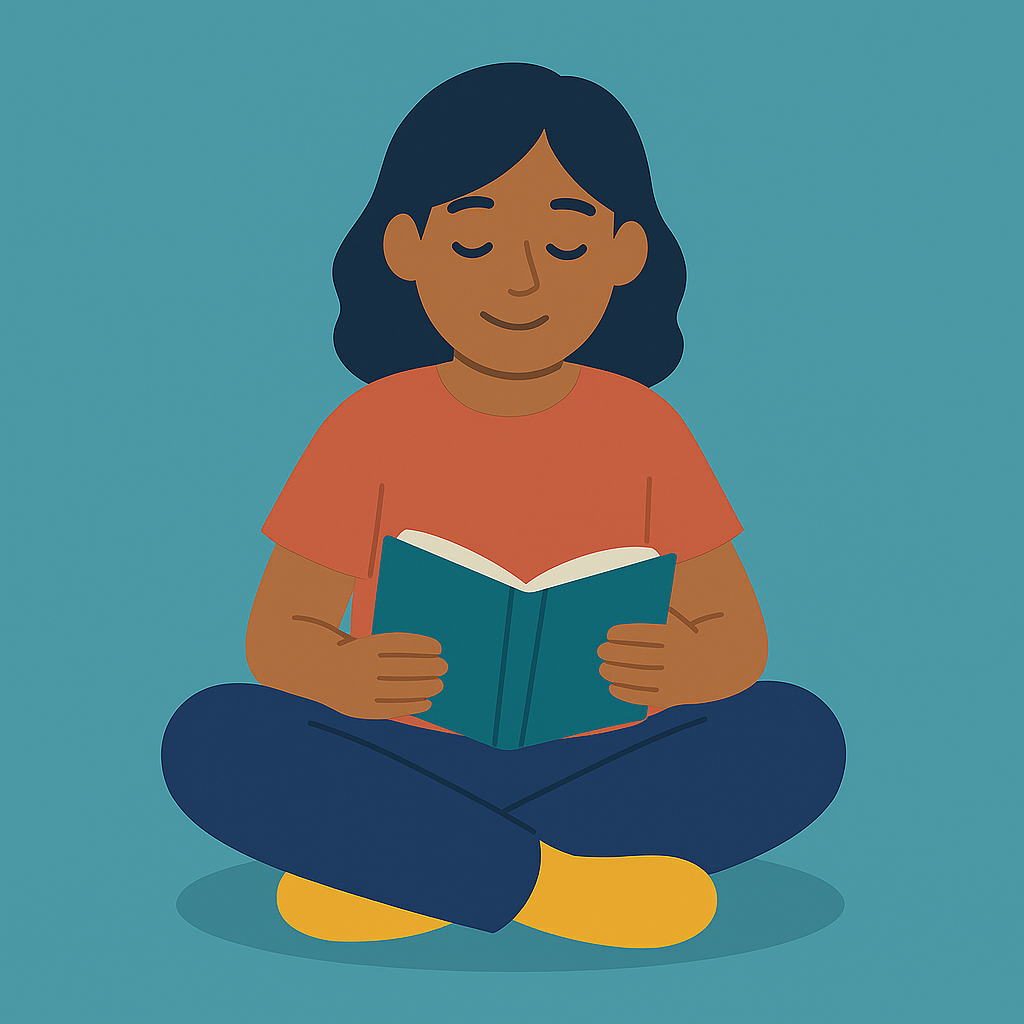
Do something you enjoy
- Be active: try something new!
- Be creative: drawing, painting, doodles, make masks, birthday cards, upcycle an old t-shirt/jacket.
- Learn a new craft: pottery, cooking, jewellery making.
- Listen to music: something that is calming & makes you feel good.
- Watch films, read a book or listen to audiobooks
- Take photos, make a collage or mood board from magazines, pictures etc.
- Keep a journal/ diary/ blog
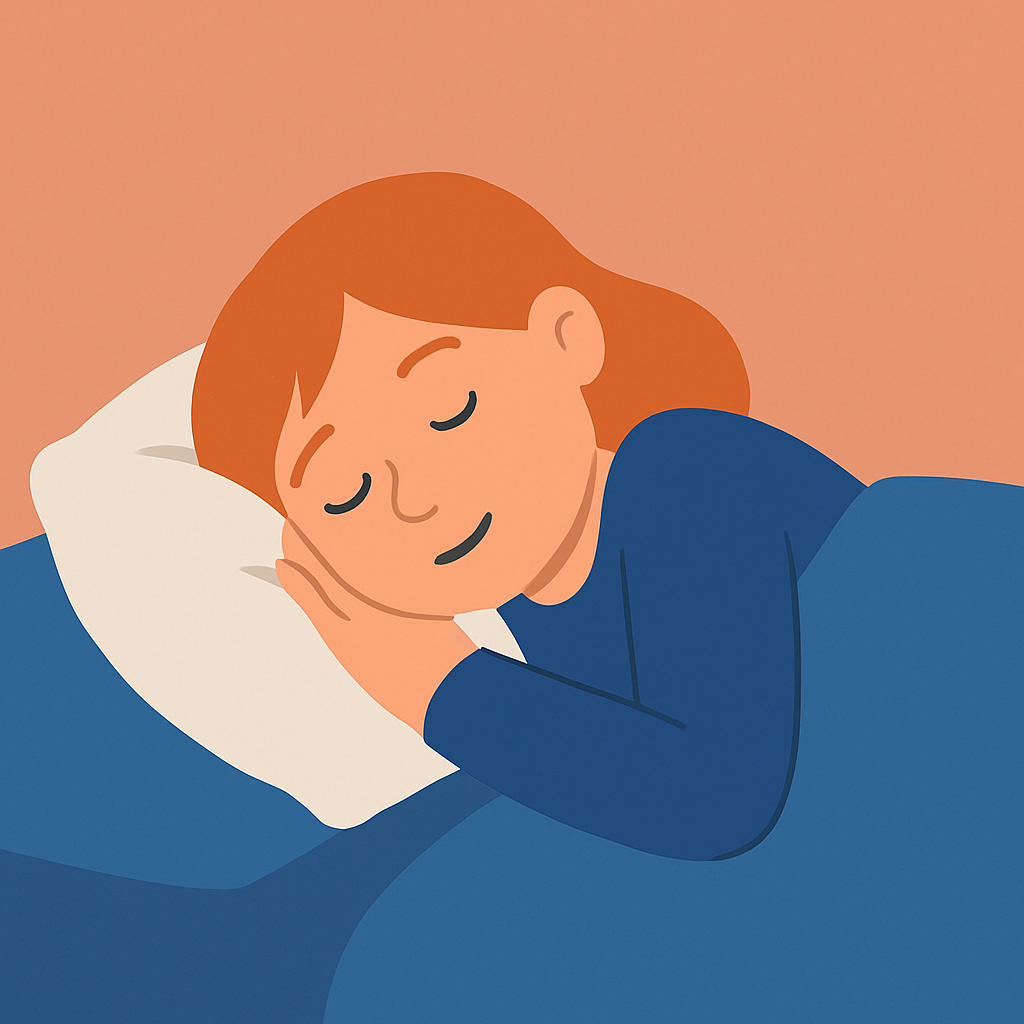
Look after your health
Eat well: do some cooking, try new healthy recipes
Sleep well: Turn off your phone, tablet, etc., run a relaxing bath, use bubbles or a candle
Stay Connected (and Safe)
- Stay in touch – check in with family, friends or someone you trust
- Manage your time online – try to limit how much time you spend on social media, give yourself a break
- Stay safe – Privacy is possible. Use ‘social media site settings’ to protect your info
- Block/report anyone online who makes you feel uncomfortable or unsafe
LGBTQIA+ Resources for 13-16 year olds

BHA Wakefield

Childline

Kids – Free to be me

Spectrum

